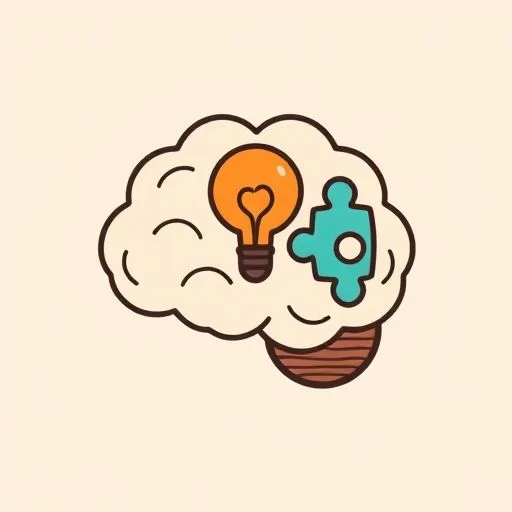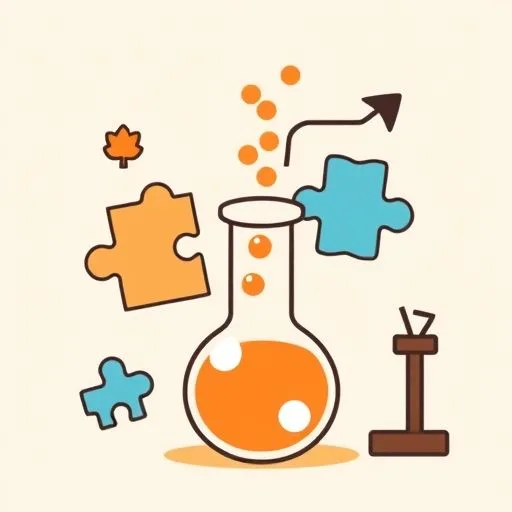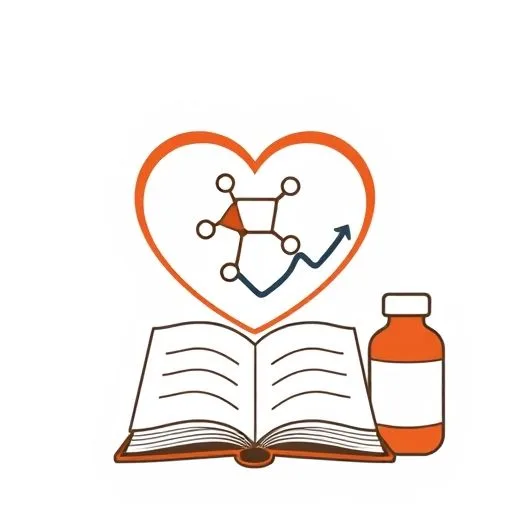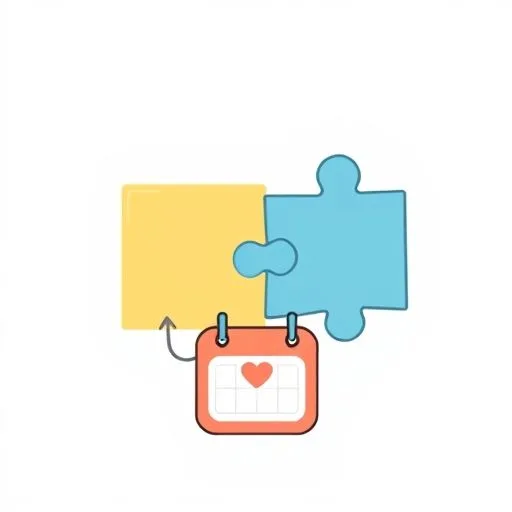
That moment when you finally sit down after the hundredth ‘why’ question of the day—the way you’ll measure the honey for the kids’ tea with the same quiet focus, even as you mentally replay the headlines about the latest brain research for parents. We’ve all seen it, haven’t we? That quiet strength in her hands as she balances the science of the everyday—knowing how much to push, when to step back, and how to turn the small moments of struggle into the breakthroughs that matter. It’s not that different, really, from those scientists who study resilience. Like them, we’re gathering data—one wiped tear, one bedtime story, one late-night worry at a time.
The Brain as Muscle: Building Our Little Scientists

The way we’ve watched our kids light up when they’re allowed to ask ‘why’—the rush of dopamine in their brains when you offer that encouragement. It’s the same kind of discovery scientists are talking about when they describe the brain as a muscle. The more they stretch it, the stronger it gets.
How many of them have felt that surge of pride when we let them solve a problem—even when we know the path might take longer? Because every time they figure out why that spoon is stuck to the honey jar, it’s not just a moment of victory. It’s actual neural growth happening right before our eyes, as they’re learning to think like a scientist—the kind that’ll shape their resilience, their ability to tackle life’s puzzles, one experiment at a time.
The Lab of Resilience: How Failed Experiments Are Just Data

Remember that puzzle they’d been trying to solve for days? We’ve all been there—the frustration, the tears. But in that moment, when you stepped back and let them wrestle with it? That’s resilience science in action—plain and simple. The same instinct that tells us, ‘It’s okay to make mistakes—that’s how we’re learning.’ It’s not just philosophy. It’s the real deal.
In the lab, they’ll call it thousands of experiments before finding the right structure. In our home, we’ll call it pasta night, or the first science project, or the countless ‘why’ questions that’ll test our patience. What matters—what we’re learning the hard way—is that the experiment itself—no matter how messy—is where the real breakthroughs happen.
The Invisible Architecture: How Love Becomes Science

There’s a quiet genius in the way you’ve adjusted your parenting approach to align with the latest research on growth mindsets. It’s not just about reading the studies—it’s in the way you’ve started to anticipate those moments. Like when you started to ask them, ‘What did you learn today?’ instead of the leading question, ‘How did you do on that test?’
It’s the same insight that the scientists are using to design AI for parenting. That subtle shift—it’s not just words. It’s your own version of protein design. The way you’re shaping the future with every word choice, the same way you carefully balance the supplements and vitamins to support their growing bodies, reading the latest evidence-based parenting research, and then—the harder part—tuning in to what’s uniquely theirs.
The Collaborative Experiment: Why We Need Each Other’s Data

Parenting triggers—of course. They’re inevitable. But the way we’ve navigated them—the partnerships, the ‘I’m sorry, I was wrong’ moments—feels less like a parenting manual and more like the intricate dance of those protein scientists. The way we’re teaching each other, adjusting our methods, and respecting the boundaries—it’s the same method that’s helping us raise our kids with the science of resilience.
We’ve all seen the mom who’s balancing the schedule, the breakfasts, the bedtime routine—all while trying to find the right balance between screen time and real life. It’s not just about the daily tasks. It’s about the shared mission—the same ethical framework that guides the best science. We’re the architects of the unknown, and the only way to build the blueprint is—yes—to ask for the data, and to listen to it.
Source: Entering the age of designer protein materials, Nature, 2025/09/30
